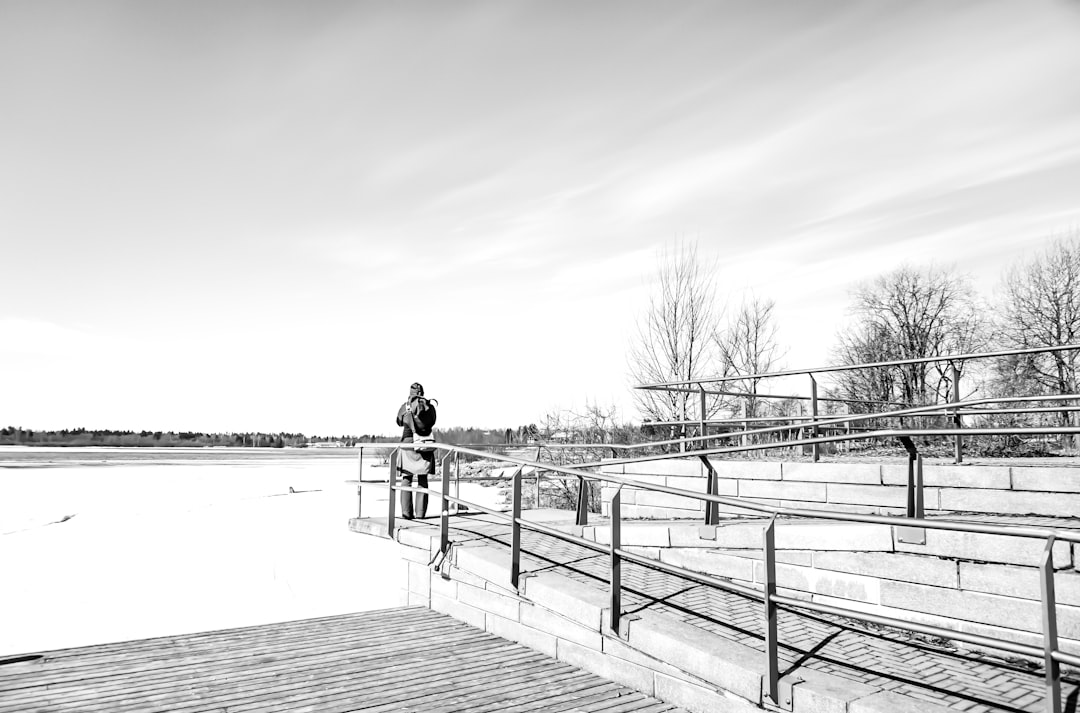What is it about?
Children who experience exclusion based on social class are at risk of experiencing a lack of opportunities, contributing to societal disparities. Recently, developmental science has examined the origins of attitudes that contribute to social exclusion, reflecting moral judgments about fairness as well as societal and group-based concerns about social norms, stereotypes, and prejudice. This study investigated how children and adolescents evaluate the exclusion of their peers based on social class and inequalities in Türkiye. Participants were 270 children (8-10-year-olds) and adolescents (14-16-year-olds) from lower and higher socioeconomic backgrounds. Results indicated that while participants viewed social class-based social exclusion as wrong, adolescents typically viewed it as more wrong than children. Adolescents focused on unfair treatment and discrimination, whereas children focused on interpersonal aspects of social exclusion more frequently. Adolescents from lower socioeconomic status viewed the excluders' intentions as discriminatory more often than did older participants from higher socioeconomic status who desired to protect the status quo.
Featured Image

Photo by Rene Bernal on Unsplash
Why is it important?
The present study demonstrated that children and adolescents view social class-based exclusion as wrong, and with age, they recognize the link between social exclusion and discrimination. These findings shed new light on how children and adolescents evaluate societal-based biases contributing to peer social exclusion. In addition, they indicate an important developmental period to include discussions about biases based on social class in the classroom context. Children have the capacity to recognize when peer-based social exclusion is wrong but do not yet fully understand what makes exclusion based on social class unfair. This study recommends that this topic become a discussion point between parents and their children as well as in the classroom context. An implication is that reducing societal disparities requires enabling children to understand the connections between peer exclusion and perpetuating unfair treatment of others.
Perspectives
Children's perspectives and willingness to challenge inequalities and the status quo are hopeful. Socioeconomic inequalities influence children's peer interactions and can lead to stereotypes and prejudices based on social class. These interactions also have a strong potential to teach children to be more inclusive and stand up against differential treatment when necessary. By giving children accountability, they can understand their role in the psychological impacts of socioeconomic inequalities, fostering empathy and advocating for change.
Dr. Buse Gönül
Eskisehir Osmangazi Universitesi
Read the Original
This page is a summary of: Adolescents view social exclusion based on social class as more wrong than do children., Developmental Psychology, June 2023, American Psychological Association (APA),
DOI: 10.1037/dev0001564.
You can read the full text:
Contributors
The following have contributed to this page










